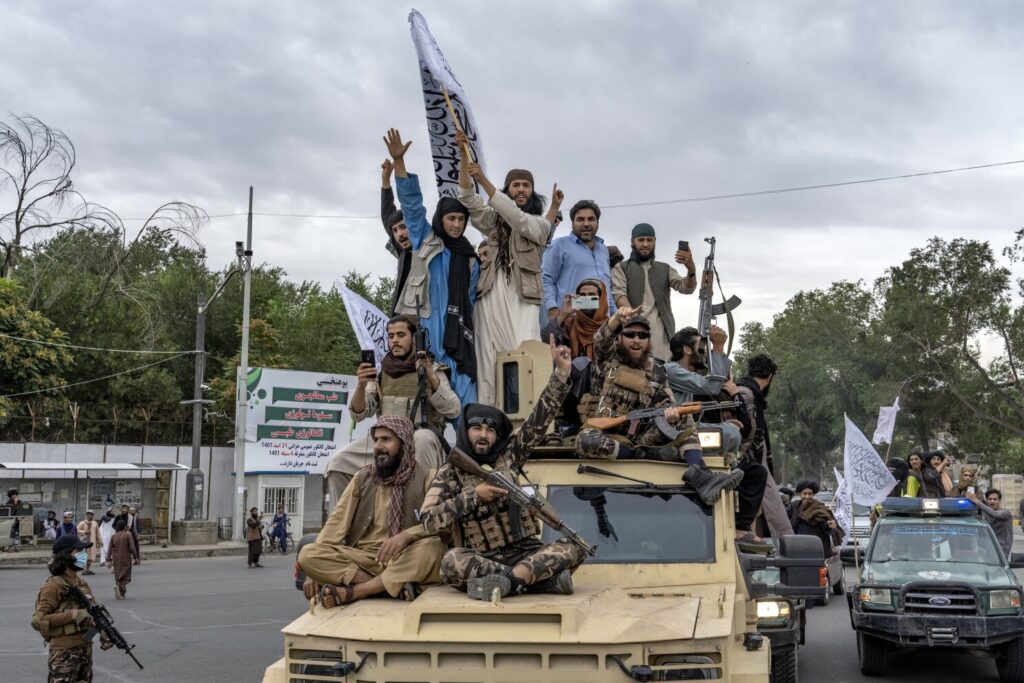The Afghan embassy in Norway announced its impending closure on Thursday, marking the second such diplomatic mission to shut down this week following the Taliban’s refusal to recognize embassies established by the former Western-backed government.

In a statement released on the social media platform X, the embassy in Oslo declared its intention to cease operations, citing “many difficulties and limited resources.” The mission pledged to continue its activities in line with “the values of human rights, pluralism and peace” despite the closure.
The embassy premises will be handed over to Norway’s Foreign Ministry, according to the statement issued in Dari. This development follows closely on the heels of the announced closure of Afghanistan’s embassy in London, set for September 27, after the Taliban authorities in Kabul dismissed its staff.
These closures highlight the ongoing diplomatic turmoil faced by Afghanistan’s foreign missions since the Taliban’s return to power in August 2021. Many embassies in Europe and beyond have continued to operate in a state of limbo, with the Taliban accusing them of failing to cooperate with the new authorities in Kabul.

The situation underscores the complex international stance towards the Taliban government, which remains largely unrecognized globally. The United Kingdom, for instance, has explicitly stated it does not recognize the Taliban as Afghanistan’s legitimate government.
Meanwhile, the Taliban have made efforts to establish their own diplomatic presence, sending ambassadors or diplomats to several countries in the region, including China and the United Arab Emirates. However, these moves have not led to widespread international recognition of their government.
The closures in Oslo and London raise questions about the future of other Afghan diplomatic missions worldwide and the broader implications for Afghanistan’s international relations. As of this report, Taliban officials were not available for comment on these latest embassy shutdowns.
The ongoing situation reflects the complex challenges facing Afghanistan’s diplomatic corps, caught between the former government’s legacy and the new reality under Taliban rule, as well as the international community’s cautious approach to engaging with the Taliban-led administration.



